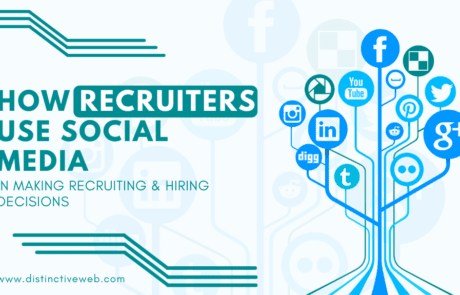 You update your resume. Redo your cover letter. Apply to jobs. Respond to ads on career web sites. But no bites – not even a nibble! Maybe it’s time to consider contacting one or more contingency recruiters, also known as headhunters, to kick start your job search.
You update your resume. Redo your cover letter. Apply to jobs. Respond to ads on career web sites. But no bites – not even a nibble! Maybe it’s time to consider contacting one or more contingency recruiters, also known as headhunters, to kick start your job search.
If you are a professional, mid-level manager, or senior professional, chances are you have or will be contacting, or have been contacted by a contingency recruiter (or a retained recruiter) at some point in your professional lives. Most people may not know exactly what contingency recruiters are or how they work, but here are a few key facts that you should note about them when looking for new employment:
Their Client
It is important to remember that recruiters are paid by the company for finding you as the winning candidate for an open position. This means that a recruiter should never ask you as the job seeker for any money.
Contingency recruiters are only paid after you are hired, usually a fee between 10% and 30% of your annual salary. While a good recruiter who works on the contingency model will take the time to get to know you as an applicant, in order to match you with the openings that will be the best fit, their loyalty still lies primarily with the company that pays their fee.
In other words, the company is their client and the recruiter is paid for finding new employees for their client, NOT for finding a new job for you, the candidate. This is important to understand. One of the most common misconceptions we hear in our resume writing practice is from job seekers who think they will “use the services of a recruiter to find a new job.” Recruiting firms simply don’t work that way.
Speed
The aim of contingency recruiters is speed. They need to match an employee with an organization as quickly as possible – for that’s when they get compensated.
Unless they have also secured an exclusive contingency contract with the company, they will also be competing with other recruiters to find the winning candidate for the opening. Because of this, you may not have the opportunity to establish a deep relationship with the recruiter.
The facts are that the contingency recruiter needs to refer many other candidates as well, possibly even for the same position. However, if your qualifications are strong and you’ve attracted the attention of a contingency recruiter you know that your resume will be sent out to many available positions, and that could be good for landing an opportunity quickly.
Competition
Because the name of the game is speed, contingency recruiters need to send your resume, along with all other candidates, to as many positions as possible in the hopes of a possible match. That means that the number of competitors could be quite large. On the other hand, because no one may be an exact match, you have the opportunity of presenting your advantages over your competition. May the best salesperson win!
Busy times ahead
Oftentimes, the contingency recruiter sends out your resume again and again and again. If your resume is attractive, this could mean busy times – phone interviews and face-to-face ones too. While interviews can be nerve-wracking, try using them as a means of honing your communication and sales skills. If one interview doesn’t work out, figure out what went wrong (if anything) and refine it for the next interview.
Can’t get no satisfaction?
Satisfaction – that depends on how you define it.
You could get a lot of exposure to many different organizations. The pace of interviews can be tiring and you may end up meeting for positions that may or may not fit your requirements.
After working all day, then attending a grueling interview session that doesn’t end in a job offer, you may want to throw in the towel on your job search.
But think of it like this – even if you don’t fit the position for which you were originally interviewing, you could be placed in a different position within that company. Or, you might be able to use some of your interviewers for networking, which eventually could lead to the right opportunity. At the very least, you can learn from the interview experience.
Ultimately, you define what success is.
Headhunter, talent seeker, scout, or contingency recruiter. Whatever you call it and however you slice it, and although you won’t want to rely on them as your only possible path to a new job, these professionals can be very helpful in helping you land that next job.









